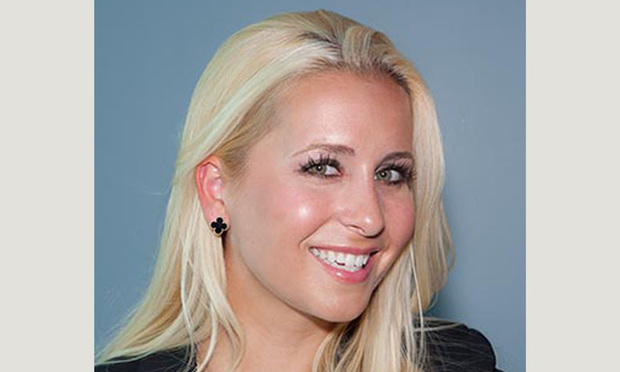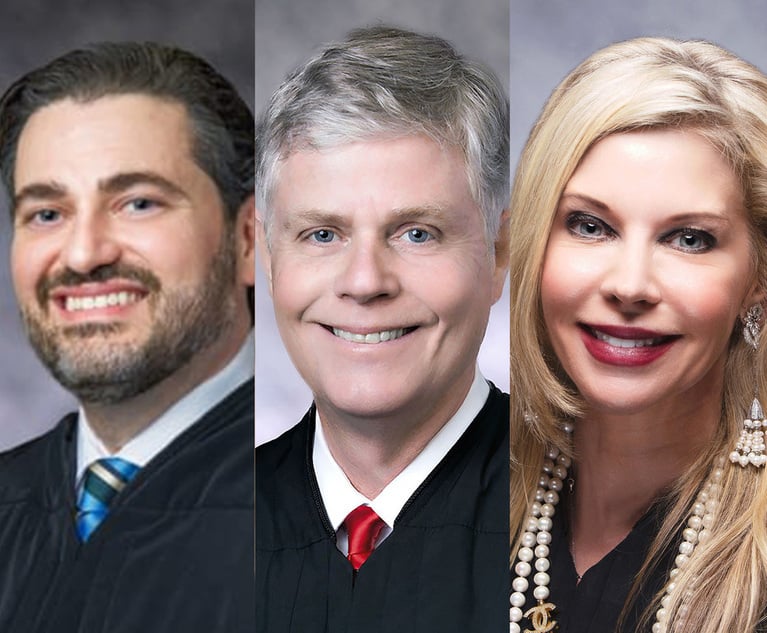The prolonged litigation from a property insurance claim involving damage to several apartment buildings caused by Hurricane Frances in 2004 recently yielded a precedent-setting ruling and a certified question to the Florida Supreme Court by the state’s Fifth District Court of Appeal. The appellate panel overturned the trial court’s decision and remanded the case back to the lower court for hearings on whether the claimant is entitled to consequential damages for lost rental income caused by the insurer’s delays and denials.
The case began with an insurance claim by Manor House with Citizens Property Insurance Corp., which accepted responsibility for the loss and paid $1.93 million. The property owner later reopened the claim seeking $10 million, and the insurer subsequently made additional payments for approximately $345,000. However, Citizens’ adjuster estimated the actual cash value and replacement cost value of the policyholder’s loss to be in the $5.5 to $6.5 million range.


 Susan C. Odess of Siegfried Rivera.
Susan C. Odess of Siegfried Rivera.




